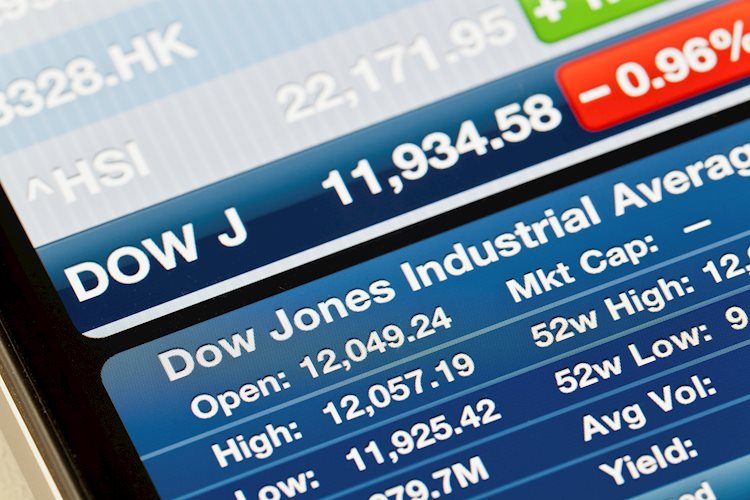- JPMorgan and Goldman Sachs both gained as much as 7.5% in Wednesday’s premarket.
- Donald Trump won a second non-consecutive term as US president on Tuesday evening.
- Trump won about 51% of the popular vote and more than enough electoral votes to win, although vote count continues.
- UBS, Barclays expect tariffs and higher deficits to force the Fed to keep interest rates higher, benefiting banks.
JPMorgan (JPM) and Goldman Sachs (GS) both saw their stars rise in Wednesday’s premarket after Donald J. Trump won a convincing election to a second consecutive term in office on Tuesday.
The two largest banks in the United States, both members of the Dow Jones Industrial Average (DJIA), skyrocketed more than 6% in Wednesday’s premarket. For its part, the Dow Jones futures rose more than 3%, leading NASDAQ and S&P 500 futures.
JPMorgan, Goldman Sachs stock news
Donald Trump won at least 277 electoral votes with about 51% of the popular vote so far on November 5 to become the 47th president of the United States. There are still many votes to count, but his presidency is certain. Additionally, Republicans retook the US Senate and appear to have done quite well in the House of Representatives.
JPMorgan and Goldman Sachs are the most obvious winners from Trump’s historic win. This is the first time since the late 19th century US presidency of Grover Cleveland that an occupant of the White House has served non-consecutive terms.
UBS published a client note saying that higher interest rates expected under a Trump administration would be good for financials. The market expects higher interest rates in a Trump presidency because of higher expected deficits compared to a Democratic Party administration. The federal debt rose 50% under the first Trump presidency (2017-2021), and most observers expect it to continue in his second term.
Higher deficits should cause higher inflation, which will cause the Fed to keep interest rates heightened. Additionally, Trump ran on a policy of broad tariffs. Tariffs, which are taxes on imports, tend to increase inflation, particularly in countries like the US that run major trade deficits and rely extensively on international goods markets.
“We don’t expect the Fed to pre-judge the Trump policy agenda. But we think it will pause the cutting cycle if large tariff increases are announced, assuming the economy is still on solid footing,” Barclays said in a separate note.
UBS said that mergers and acquisitions, a primary moneymaker of investment banks, will rise precipitously without the added scrutiny of a Democratic-led Federal Trade Commission.

